detail profile bert sotlar
Peran Yang Di Mainkan Bert Sotlar
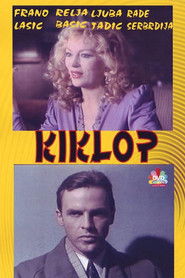 Melkior Tresic is one of many...
Melkior Tresic is one of many...Cyclops 1982
Melkior Tresic is one of many intellectuals in 1941 Zagreb who is helplessly waiting for the encroaching war.
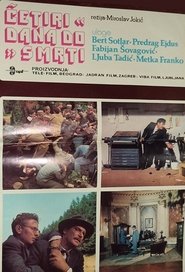 Between the two World Wars Yugoslavia...
Between the two World Wars Yugoslavia...Four Days to Death 1976
Between the two World Wars, Yugoslavia was ruled by a monarchy. This movie explores the difficulties faced by a Communist Party organizer under that regime when an order goes out to kill anyone threatening the current regime. At first he is willing to leave the country, but his experience of the situation of workers moves him to stay. Despite efforts of captors to help him escape, he refuses, and dies a martyr's death.
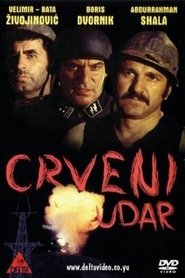 At the beginning of the war...
At the beginning of the war...Red Blow 1974
At the beginning of the war the Germans come to the mine Trepca in Kosovo and occupy it. Communist Party and the workers do not agree with that and under constant repression, beginning small diversions, which will be transferred in the conquest and liberation of the entire mine.
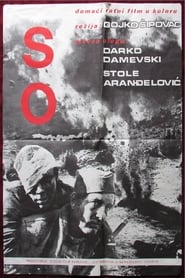 Due to fighting against the Germans...
Due to fighting against the Germans...Salt 1973
Due to fighting against the Germans and the Ustashas, the partisans in central Bosnia decide to strike the salt pans, and take the much needed salt for the people and army. After serious attacks and heavy losses, they complete their mission successfully.
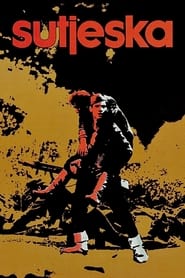 The headquarters of the Marshal Titos...
The headquarters of the Marshal Titos...The Battle of Sutjeska 1973
The headquarters of the Marshal Tito's Liberation Army are surrounded by Axis forces. The Partisans have no choice but to fight their way out of the encirclement and face the enemy on the plains of Sutjeska.
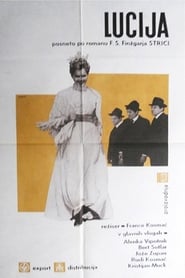 A melodramatic story of Lucia who...
A melodramatic story of Lucia who...Lucia 1965
A melodramatic story of Lucia, who serves as a charwoman on the Podlogar family's rich farm, and makes a fuss among householder's sons, as she becomes pregnant with one of them. A decision on whether one should be forced into marriage with the pregnant charwoman and her child, ends tragically. Will Lucia be able to sustain psychological pressure, contempt and pity of the Podlogar brothers?
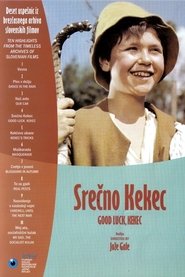 Two boys Kekec and Rozle come...
Two boys Kekec and Rozle come...Good Luck, Kekec 1963
Two boys, Kekec and Rozle, come to serve a farmer, with a blind daughter Mojca, as shepherds. As the night falls, the two boys start talking about a woman who lives in the mountains and is supposed to steal children. Her name is Pehta. In the morning, Kekec, Rozle and Mojca go to an Alpine cottage and Kekec promises Mojca that he will find her a remedy for her eyes. As the girl is picking flowers, Pehta arrives and takes Mojca into her cottage. She wants to keep Mojca because of her singing.
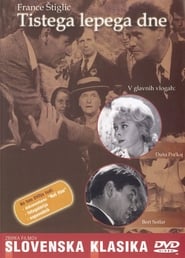 A story set in a Slovenian...
A story set in a Slovenian...One Fine Day 1962
A story set in a Slovenian village during Italian occupation. Stefuc, a man who has been widowed twice and has four daughters, wants to get married for the third time with Zana, who's already engaged and pregnant with Ludvik. Stefuc tries to separate them away, but realizes that he'll have to marry Hedvika, a nice looking girl who has just returned from Milan. In the meantime, Italian fascist authorities decide to eradicate five Slovenian songs with the help of local traitors.
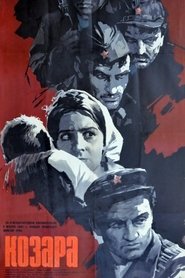 In June of 1942 Germans and their...
In June of 1942 Germans and their...Kozara 1962
In June of 1942 Germans and their collaborators decide to get rid of partisans and their stronghold in the woods of Mount Kozara in Northern Bosnia. They encircle the mountain and begin the mop up operation. Out gunned and outnumbered the partisans must not only take care of themselves but try to protect thousands of refugees too.
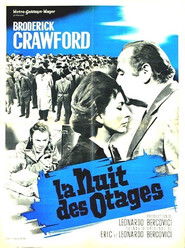 Set in Italy the story takes...
Set in Italy the story takes...Square of Violence 1961
Set in Italy, the story takes place in this very country, during WW2, where German occupation army ruled everything, just before the allied forces came, in 1944. Crawford plays here a doctor whose son has been shot by the Germans. Of course he has no more taste in life. He continues his work as a German officers' physician. One day, he throws a bomb just in the middle of German troops. Many soldiers and officers are killed. Some time later, the lead officer of the Nazis troops suspects the doctor to be the responsible of the explosion. He lets him know that he himself knows...
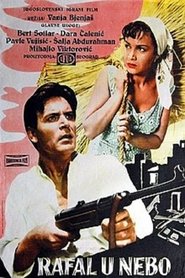 Upon returning home at wars end...
Upon returning home at wars end...Shots in the Sky 1958
Upon returning home at war's end, a young lieutenant discovers that his family has been murdered by the Nazis. It's all the handiwork of a treasonous "Chetnik," who during the war worked against the partisans on behalf of the Germans. In bitter retaliation, the lieutenant sets about to decimate the Chetnik's family. He stops short, however, when he realizes that the sins of the fathers are not always passed down to the innocent children.
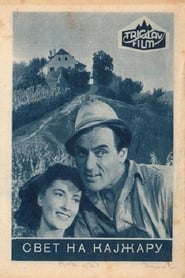 A postWW2 story about the village...
A postWW2 story about the village...Life in Kajzar 1952
A post-WW2 story about the village largely involved in wine-making business. The peasants who claimed possessions of lands, woods, and churches after communist party seized the power hold a party where a member of so-called reactionary forces (kulaks, clergy and Axis collaborators) tries to break in and stop it.
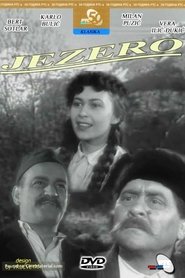 Bad weather farmers who do not...
Bad weather farmers who do not...The Lake 1950
Bad weather, farmers who do not allow the dumping of their estate, and people who are willing to sabotage for ideological reasons, disrupt the building of hydro-power on the Neretva river. Upon completion of construction, the benefits of electricity assures people of the necessity of progress.
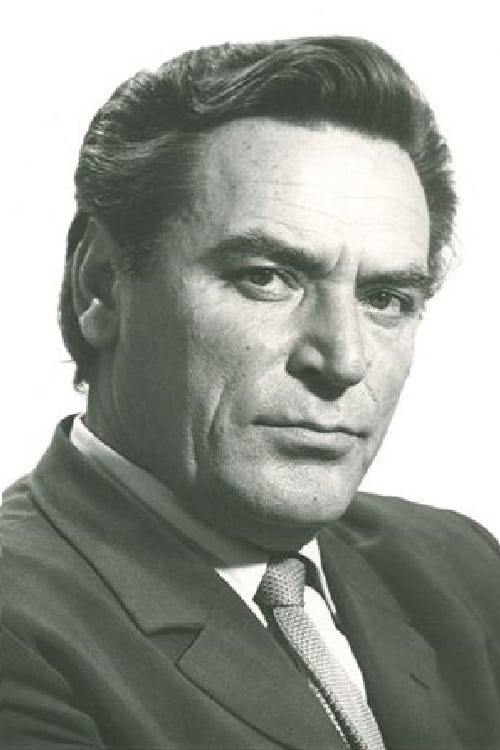
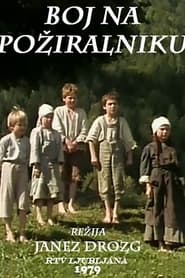 Based on a novel by Preihov...
Based on a novel by Preihov...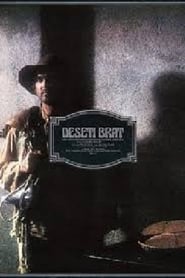 Based on the novel by Josip...
Based on the novel by Josip...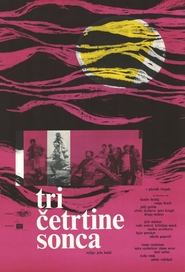 A story of a group of...
A story of a group of...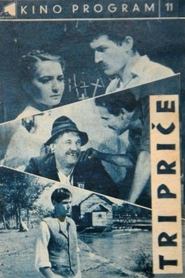 Three stories connected by the motifs...
Three stories connected by the motifs...